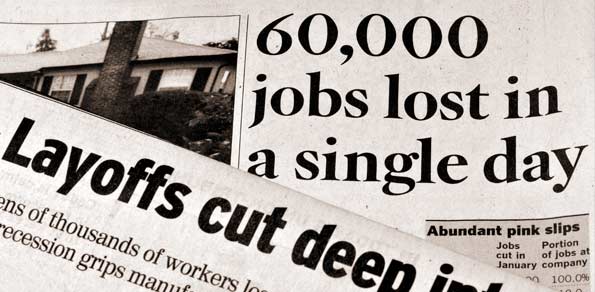Many market analysts and market commentators will have experienced a deep sense of relief as the news broke yesterday evening regarding Moody’s confirmation that the UK’s Aaa credit rating is under review. It’s not that analysts and commentators finally have something else to discuss, over and above the incessant Greece narrative and issues.
The fact that the UK’s ‘burying of head’ and using every Enron style accounting method in order to escape scrutiny and due diligence has finally been exposed is a relief. Like an athlete finding excuses for failing to attend drug tests the UK has finally been cornered and the result is as expected…
There was a sense of inevitability were doubts over the rating were concerned, France were quite right to ask why the U.K. had avoided attention for so long, the USA was actually downgraded in 2011 for ‘reasons’ not too dissimilar to that for which Moody’s has highlighted the UK for observance; the UK has very little genuine growth potential and far too high debt. But the debt issue needs closer examination as in some respects the UK is a special case versus it’s European neighbours.
As can be clearly seen from this linked article the UK debt versus GDP ratio is eye watering.
http://oversight.house.gov/images/stories/Testimony/12-15-11_TARP_Sanders_Testimony.pdf
Not only is the UK’s deficit still the worst in Europe but the combined debt is truly astounding. Many apologists will attempt to claim that personal debt must be isolated, as must the rescue cash to buy shares in UK banks and the loans to prop them up, plus the rounds of QE to purchase so much junk assets, but that doesn’t wash. In simple terms, as a barren set of windy rocks parked west of Europe and east of the USA, the UK really is a set of rocks in a hard place.
Nowhere indulged it’s love of credit more than the UK, nowhere confused commercial success with the ability to borrow money more the UK’s inhabitants and businesses. Buying houses, with other people’s money, by leveraging personal assets to the max became a national sport and that debt must be included in the combined debt versus GDP figure of 900%+.
Why must it be included? Because it’s a true reflection of the lenders’ debts as well as personal levels of debt, that astounding level of debt will not be ‘forgiven’ and with inflation subsiding that debt will take longer to pay down. As an economy similar to the USA, (70% dependent on consumerism), that debt will take a lifetime to pay back during the unleashing of hysterical austerity.
The austerical deliverance that the UK chancellor is wedded to has failed, the fact that he has no plan B owes more to ideological ignorance and petty tribalism above genuine ambition for a recovery. George Osborne attempted to spin the same rhetoric when interviewed this morning, “this warning serves as notice that we must deal with our debt”, is he now confusing debt with his obsession over the deficit?
And how can he preach on debt when the bank of England, presumably with his blessing, has increased quantitative easing by circa £125 billion inside the past six months? That doesn’t gel with the fiscal discipline and monetary policy of prudence constantly heralded as the path to recovery. As this link proves the UKs QE., or as they now like to brand it “asset purchase schemes” has increased by £125 billion since October 2011.
http://www.bankofengland.co.uk/monetarypolicy/assetpurchases.htm
Between March 2009 and January 2010, the MPC authorised the purchase of £200 billion worth of assets, mostly gilts – UK Government debt. The MPC voted to begin further purchases of £75 billion in October 2011 and, subsequently, at its meeting in February 2012 the Committee decided to purchase £50 bn to bring total asset purchases to £325 bn.
The BoE, led by the govt. irrespective of its supposed independence can use whatever methods of obfuscation it prefers and proclaim that this asset purchase circumnavigates the banking system, however, it adds to the overall level of debt burden and the rating agencies won’t be fooled. The UK banks needed more cash to stay liquid in order to avoid insolvency and take steps towards compliance with Basel capital adequacy rules which, despite being kicked into the long grass, are looming ever closer.
The UK banking system has seen QE increase by circa 62.5% in just over four months yet no market commentators picked up on the alarming message this was signalling, fortunately the credit agencies have finally begun to prick the image that the UK is sensibly and conservatively (small C) managing its affairs any better than the PIIGS.
The most salutary aspect of Moody’s revelation could be that the UK is behind the curve, the PIIGS economies were exposed some time back, the UK may only just be exiting denial and into recovery. But with a Chancellor who appears confused over debt and deficit, and who can’t grasp that indulging in £125 bl of QE inside four months makes a mockery of fiscal prudence, that recovery may be extremely slow and not before the UK has seen the worst of a deep lingering double dip recession.





